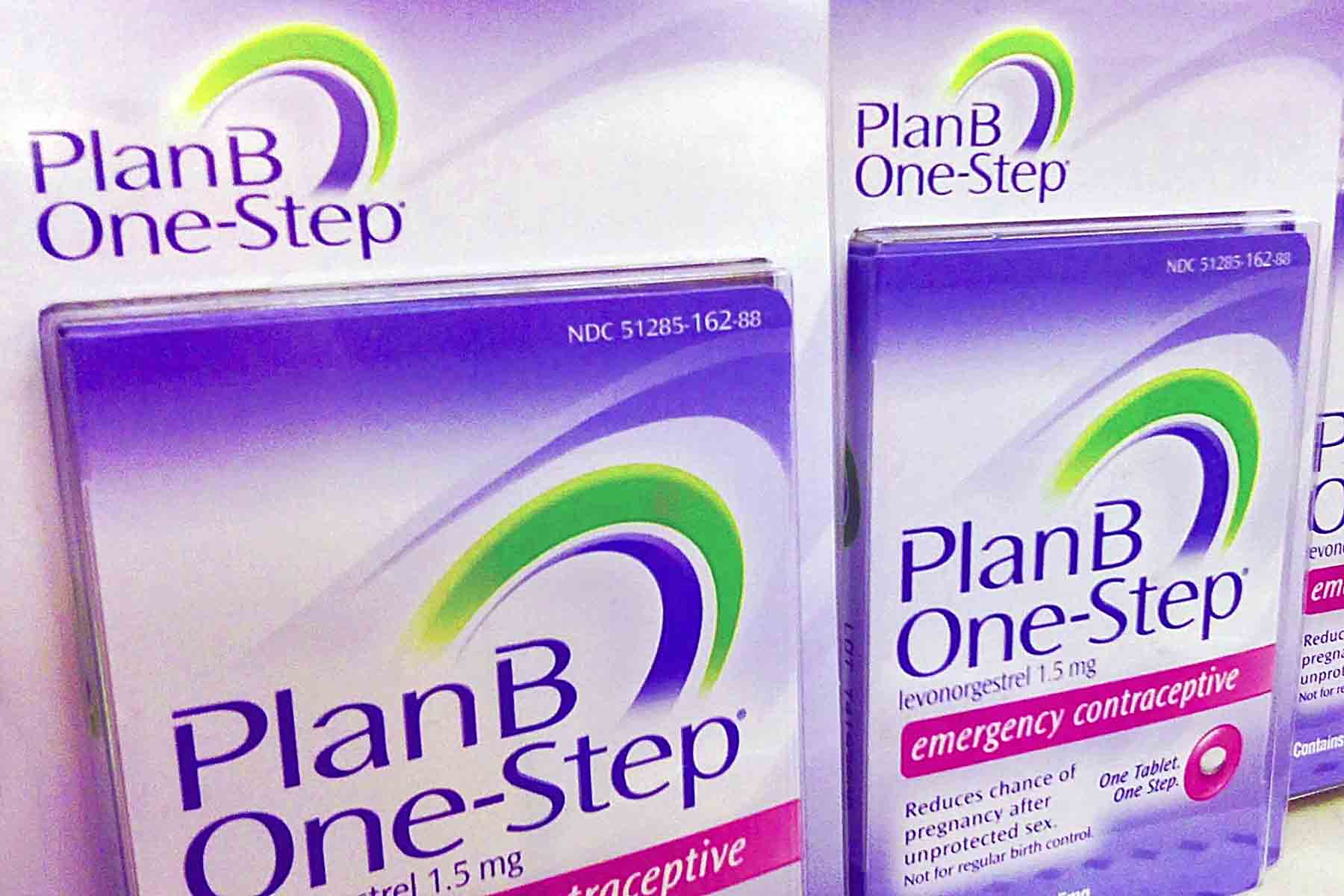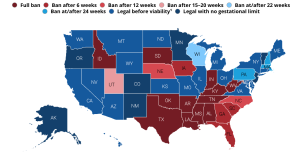
Understanding Your Options: The Abortion Pill (Plan C) vs. The Morning After Pill (Plan B)
At the Cline Centers in Jackson, Mississippi, we believe every woman deserves accurate, comprehensive information about all her options. We want to make sure you understand every option completely before you make a fina decision.
Two medications that are often confused are the abortion pill (sometimes called Plan C) and the morning after pill (Plan B).
Though their names sound similar, they work very differently and are used for completely different purposes.
This guide will help you understand the distinctions between these medications.
What is the Abortion Pill?
The “abortion pill” (medically known as medication abortion) is actually a two-drug protocol used to end an established pregnancy up to 10-11 weeks after your last menstrual period.
Despite sometimes being called “Plan C,” it’s not a casual alternative to contraception but a specific medical treatment to terminate a pregnancy.
How the Abortion Pill Works
Medication abortion involves taking two different medications:
- Mifepristone (brand name Mifeprex): This first pill blocks progesterone, a hormone necessary for pregnancy to continue. Without progesterone, the lining of the uterus breaks down, and the pregnancy cannot continue.
- Misoprostol (brand name Cytotec): Taken 24-48 hours after mifepristone, this second medication causes the uterus to contract and expel the pregnancy tissue through the vagina.
Abortion Pill Timeline and Effectiveness
The abortion pill is FDA-approved for use up to 10 weeks of pregnancy (refer to the laws in your specific state). It can be up to 90% effective in ending a pregnancy when used as directed but does come with some complications.
The process generally follows this timeline:
- Day 1: Take mifepristone at a health center or, in some states, via telemedicine
- 24-48 hours later: Take misoprostol at home
- Within 4-5 hours: Most women experience cramping and bleeding as the pregnancy tissue passes
- 1-2 weeks later: Follow-up with healthcare provider to confirm the abortion is complete
Abortion Pill Side Effects and Risks
Common side effects include:
- Heavy bleeding with clots
- Strong cramping
- Nausea and vomiting
- Diarrhea
- Fatigue
- Fever (temporary)
More serious complications can include excessive bleeding, infection, or incomplete abortion requiring surgical intervention. About 2-5% of women may need additional treatment.
Note: Avoid ordering abortion pills from online sources or unreliable sources that make it seem too easy to get. You can never be sure what you are ordering online.
What is the Morning After Pill (Plan B)?
The morning after pill, commonly known as Plan B (among other brand names), is emergency contraception designed to prevent pregnancy after unprotected sex or contraceptive failure. It’s not intended to end an existing pregnancy.
How Plan B Works
Emergency contraception works by:
- Temporarily delaying ovulation (the release of an egg from the ovary)
- Possibly thickening cervical mucus to prevent sperm movement
- Potentially altering the uterine lining
Importantly, if fertilization has already occurred, Plan B will not stop the embryo from implanting in the uterus, and it won’t harm an existing pregnancy.
Morning After Pill Timeline and Effectiveness
For maximum effectiveness, Plan B should be taken as soon as possible after unprotected sex:
- Most effective within 24 hours (95% effective)
- Effective up to 72 hours (3 days), but effectiveness decreases with time
- Some brands claim effectiveness up to 120 hours (5 days)
Plan B is less effective for women weighing more than 165 pounds.
Plan B Side Effects
Side effects are generally mild and temporary:
- Changes to your next menstrual cycle (earlier, later, heavier, or lighter)
- Nausea
- Headache
- Fatigue
- Breast tenderness
- Dizziness
Key Differences Between the Abortion Pill and Plan B
Understanding these fundamental differences is crucial:
- Purpose:
- Abortion pill: Ends an established pregnancy
- Plan B: Prevents pregnancy before it begins
- Timing:
- Abortion pill: Used up to 10-11 weeks after your last period
- Plan B: Used within 3-5 days after unprotected sex, before pregnancy occurs
- Mechanism:
- Abortion pill: Blocks progesterone and causes uterine contractions to expel the baby
- Plan B: Primarily works by delaying or preventing ovulation
- Effectiveness:
- Abortion pill: 94-98% effective at ending a pregnancy when done under medical supervision (note: the effectiveness of online pills are unknown and not sure what actual chemicals you are really purchasing when you purchase online from unknown sources)
- Plan B: 75-89% effective at preventing pregnancy (effectiveness decreases with time and weight)
- Access:
- Abortion pill: Requires prescription and, in many states, an in-person visit (dangerous to order online)
- Plan B: Available over-the-counter without prescription to people of all ages
- Medical supervision:
- Abortion pill: Requires medical screening and follow-up
- Plan B: Generally safe for self-administration without medical supervision
Making Informed Decisions
At The Cline Centers, we understand that facing an unplanned pregnancy can be overwhelming. We’re here to provide accurate information without judgment, so you can make the best decision for your situation.
If you think you might already be pregnant and are considering your options, we offer free, confidential pregnancy testing and counseling.
We can explain all your options, including parenting, adoption, and abortion, so you understand the procedures, risks, and alternatives before making a decision.
Our compassionate staff is here to support you regardless of what you choose.
Talk to Us
If you have questions about the abortion pill, Plan B, or any other pregnancy questions, contact The Cline Centers in Jackson, Mississippi. Our staff is committed to providing compassionate guidance during this important time.
Call us today at 601-488-2710 or click the button below to schedule a consultation.
Remember: Knowledge is power, and understanding all your options is the first step in making the best decision for your life and health.
Recent Stories

What Are the Mental Health Effects of Abortion?
Read Article
What are the Different Types of Abortion?
Read Article
What Are the Risks of Abortion?
Read Article
Understanding Your Options: The Abortion Pill (Plan C) vs. The Morning After Pill (Plan B)
Read Article